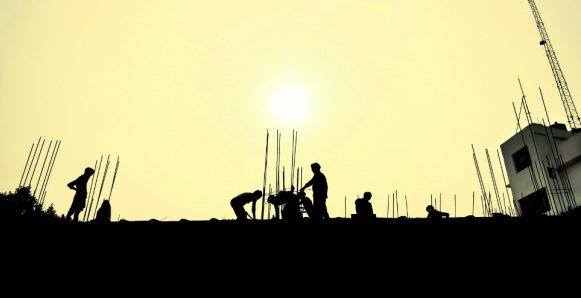
Children in U.S. agriculture: the legal loopholes allowing exploitation
The Fair Labor Standards Act (FLSA) prohibits the employment of youth under 18 in hazardous jobs, except for one industry that is particularly dangerous and the largest employer of children: agriculture.
Luz Vazquez Hernandez is just one of the many young children who started working in the fields at age 14, traveling for picking seasons in Michigan and Florida in extreme heat, with hazardous chemicals, under severe physical duress. Amid recent rollbacks of child labor laws across the U.S., the risks to young workers in agriculture are even more pressing.
Luz Vazquez Hernandez is one of many who began working in the fields at just 14, enduring extreme conditions.“It felt very normal to be there… my guess would be more than 50 percent of workers were children,” said Vazquez Hernandez to journalist Dawn Sentient in a report from El Observador.
Employing loopholes and exploiting children
Even though agriculture has very high injury and fatality rates compared to other sectors, the industry is filled with loopholes that make it extremely difficult to regulate. One systemic cause of these loopholes that are routinely exploited is that child labor protections for hazardous agricultural jobs have not been updated in over 50 years.
While the age requirement to work in agriculture is technically 16, Sentient reports that,
Even this lower limit for agriculture doesn’t stop large companies from illegally employing kids well below this age limit; Vazquez Hernandez says that as long as you look older, you can pass by scrutiny to find work.
Accidents are bound to happen when young kids work with dangerous equipment and they have, sometimes resulting in death.
Additionally, farm lobbyists have historically opposed reforms creating a significant obstacle in strengthening child labor laws in the sector, often using misinformation campaigns to portray regulations as threats to family farms. For example, one of the rules put forth to protect child workers was that kids under 16 should not be allowed to operate power-driven equipment. But as Reid Maki of Child Labor Coalition states,
